January 2023
Read more here – DDI
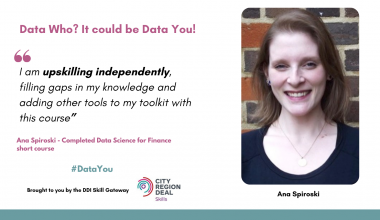
Looking to transition her career from a scientific research role back to an industry-based role, Ana Spiroski was keen to add another data skill to her existing expertise. As part of the #Data You series, DDI Skills Gateway spoke to Ana about how a Data Science for Finance short course gave her the tools she needed to support that transition.
Having done a masters and PhD in scientific research, Ana was already working with data on a regular basis. But her desire to transition back to an industry-based role meant that she needed to add specific skills to her existing data skillset.
“I worked in the biopharma industry previously and aimed to transition back with less of a focus on bench-work..
“I needed to reframe how I use data solely from a research-oriented perspective to a business-based perspective” Ana explains.
As her academic contract was coming to an end in early 2021, Ana began upskilling and expanding her skills to suit a return to the biopharma industry.
“I was looking for opportunities to help refine my CV and expand my capabilities.
“I needed to upskill, and continue to progress during the transition back to industry.” Ana said.
With that in mind, Ana saw an email from the training provider Equate Scotland advertising a Data Science for Finance short course that she decided to enrol in.
The Data Science for Finance short course was run by the DDI Skills Gateway in partnership with Fife College and Equate Scotland.
Alongside online lectures, students were able to work through specific projects independently, and bring their findings back to be discussed with others on the course.
The course introduced students to data science, finance-focused data mining and processing. Students then moved on to collation, analysis and visualisation. Overall the course not only allowed students to develop their data analysis and IT skills, but it also illustrated the importance of data to many financial organisations and companies.
Speaking about the course itself, Ana explained that she enjoyed the heterogeneity of students on the course. Learners ranged from those with extensive previous data knowledge, like Ana, through to women returning to the workforce.
“The range of learners was very diverse. It was interesting to see why other learners enrolled, and what their motivations were. We discussed where everyone saw this course benefiting them, and the careers that they wanted to move towards.
“Most students were using the course as a stepping stone, from a confidence perspective, to move towards data science-based roles” Ana said.
With Skills Development Scotland reporting that only 18% of jobs in the Scottish data and technology sectors are held by women and PwC estimating that of the 427,000 women currently on a career break but who want to return to work, 3 out of 5 of them will return to lower-skilled or lower-paid roles. The need to equip women with the data skills they need to return to good jobs in the data and technology sectors is great.
In a bid to do just that, the Data Science for Finance short course was specifically targeted at women returning to the workforce after a career break or a career change.
As someone with experience working in the data and science sectors, why does Ana think women are underrepresented in these fields?
“Accessibility but also flexibility to a certain extent” Ana said.
She explains that although many women are drawn to data science roles because they offer flexible schedules and the opportunity to work from home, which makes addressing childcare issues easier, many employers still favour candidates that can work full-time in an office.
She adds that finding funding opportunities to pursue data upskilling courses can also be a challenge for many women.
“Taking this course allowed me to actively focus on addressing my weaknesses..
“I am upskilling independently, filling gaps in my knowledge and adding other tools to my toolkit with this course. I’ve also further developed key transferable skills that employers are always looking for, especially in the use of specialist data analysis software” she explains.
Would Ana recommend doing a data upskilling course?
“It is definitely worth it, and it will support future roles in data science and further study.
“I would say go for it!” Ana concludes.
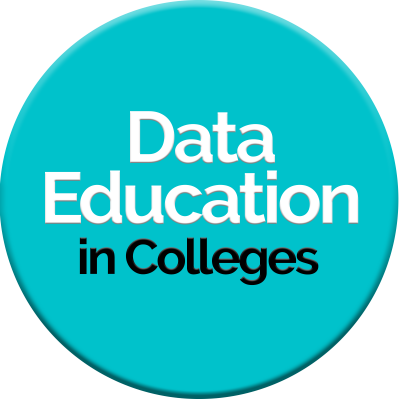



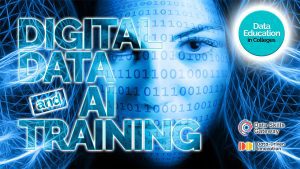
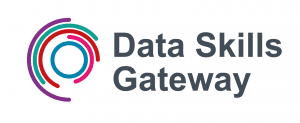

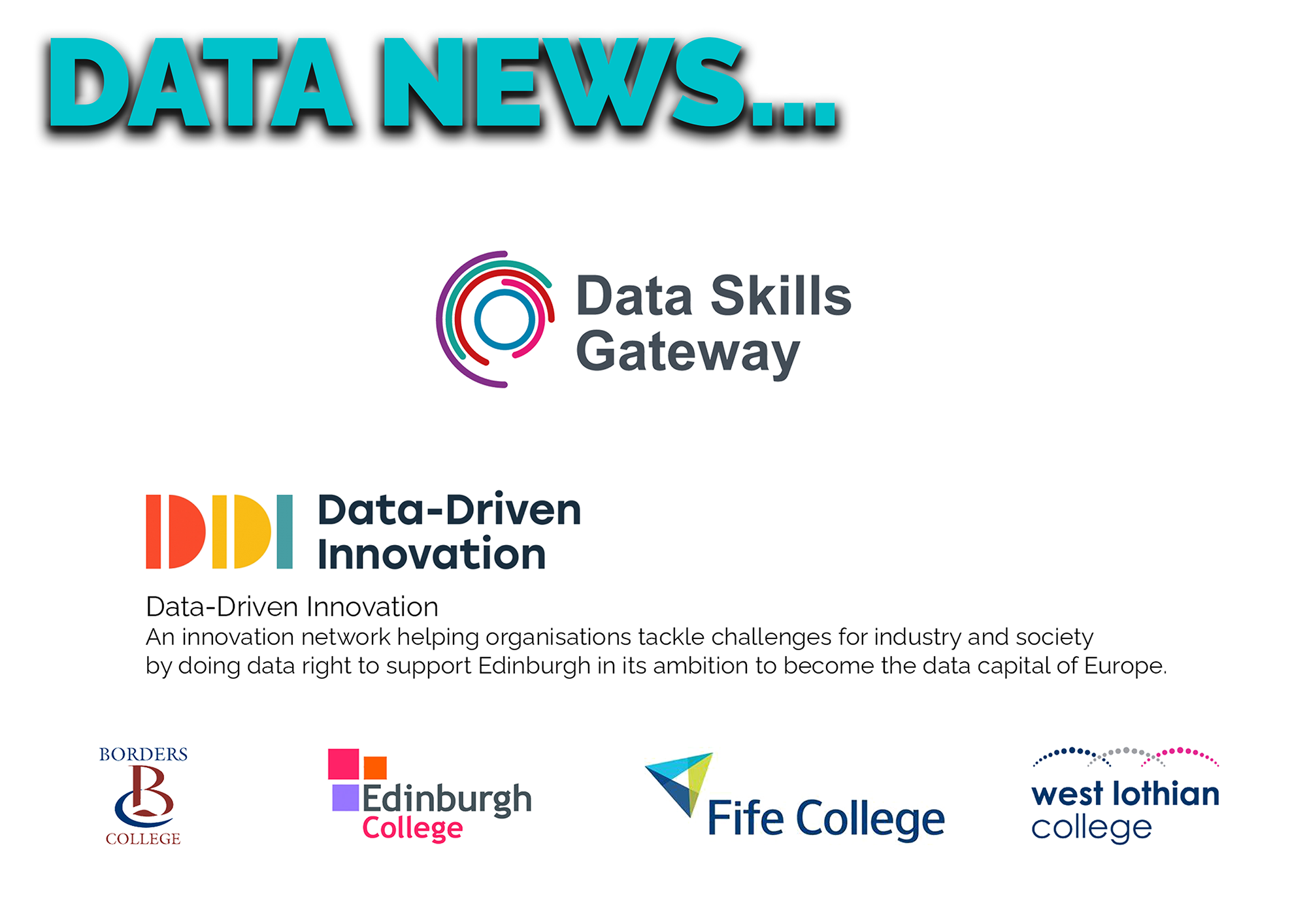

Leave a Reply